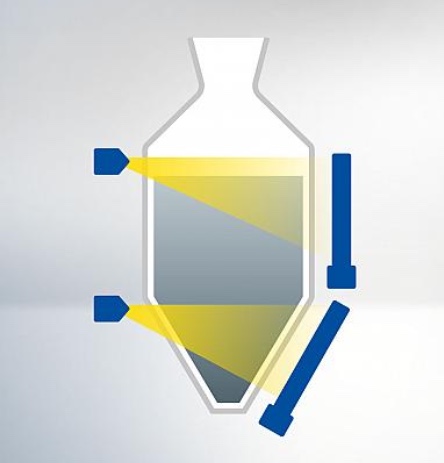Jan-2016
Optimised maintenance maximises PSA unit availability (TIA)
The availability of a pressure swing adsorption (PSA) unit was becoming a major concern for a French refinery in 2009.
Damien Ferrone
Metso Flow Control
Viewed : 4856
Article Summary
Constant failures within the unit’s systems were leading to a huge loss of revenue caused by unplanned shutdowns. Additionally, plans called for the unit to be expanded to meet the refinery’s growing needs.
The PSA unit in any petrochemical plant, which operates to purify hydrogen for the refinery, is a demanding process for industrial gas. The process requires perfect tightness with high cycling, a fast response time and short shutdowns. Therefore, the reliability of the valves used in a PSA process is of utmost importance and requires a special focus on maintenance programmes and the availability of spare parts.
To find a solution, the refinery wanted to ensure reliable operation of the PSA unit, guarantee top-level safety, optimise maintenance costs and anticipate failures. The company had carried out point-to-point analysis earlier but wanted to improve its maintenance through the use of diagnostics.
Over the years, Metso had proven itself to the refinery when conducting valve condition checks upon request. The customer’s experience led it to select Metso again to provide a comprehensive maintenance strategy for the plant’s PSA unit. Moreover, Metso’s results in the sector, and product and spare part expertise, were additional reasons for being chosen.
As a first step to improve the plant’s reliability and avoid unplanned shutdowns, Metso carried out a complete valve condition analysis. The audit at the customer’s site covered checking all devices, identifying obsolete devices, and recommending upgrades. Then Metso proposed and implemented a full maintenance strategy that included diagnostics, repairs and spare parts.
As a result of the audit, Metso overhauled and upgraded the 60 existing valves with the latest Neles SwitchGuard SG9000 high-cycle kits and Neles ND9000 valve controllers. An additional 36 valves were delivered for the PSA unit expansion, making all valves now interchangeable to meet the refinery’s requirements for reliability. Since replacement in 2009, the refinery has not experienced any unplanned shutdowns due to a failure in the PSA unit.
In addition, the advanced device and asset management software Metso FieldCare PRO was chosen for the PSA unit to monitor the valves’ condition at all times. FieldCare provides an accurate flow of information during all stages of a production process. Based on the data FieldCare provides, the refinery can manage all maintenance activities, ensuring sufficient time to order spare parts and plan for service operations, which lowers its cost of ownership.
A total of 24 new valves were also delivered to cover one bed while having another complete set in stock in case a failure occurred when repairing the first set. The spare valves are owned by the customer. One set is kept on site while the other is maintained by Metso.
Regular training during each visit is included in the maintenance agreement with Metso to keep the refinery’s staff updated.
Over the years since the implementation of the upgrades and monitoring solutions, no unplanned shutdowns have occurred at the PSA unit. Before the implementation, the refinery was losing a few million euros in revenue in 2007 and 2008. Today, the valves are operating reliably and run some 750 000 cycles each year. Additionally, Metso has been able to raise the level of safety for the plant’s personnel and surrounding community.
With a customised maintenance strategy, the refiner is able to monitor the valve condition constantly and prioritise day-to-day actions. Spare part needs and maintenance plans are now clearly defined, which helps prevent failures and reduce downtime in case of a shutdown. As a result, maintenance intervals have been extended to 2.5 years and maintenance activities can be conducted without stopping production.
To accurately determine the equipment’s state on a consistent basis, a Metso technician visits the refinery four times a year to analyse the data and give recommendations according to device criticality and a defined maintenance plan.
Based on spare parts consumption history and criticality analysis recommendations, Metso makes certain that the refinery has optimal inventory for its PSA unit. By removing obsolete items and stocking only the necessary spares, it has been possible to further optimise maintenance costs. Today, all the spare parts are included in the customer management system. Orders are placed automatically so Metso can fill the stock when needed.
The refinery not only has been able to reach high reliability for its PSA unit, it has also benefited from increased safety levels, optimised maintenance costs and anticipated failures.
This short case study originally appeared in PTQ's Technology In Action feature - Q1 2016 issue.
For more information: damien.ferrone@metso.com
Add your rating:
Current Rating: 4

















